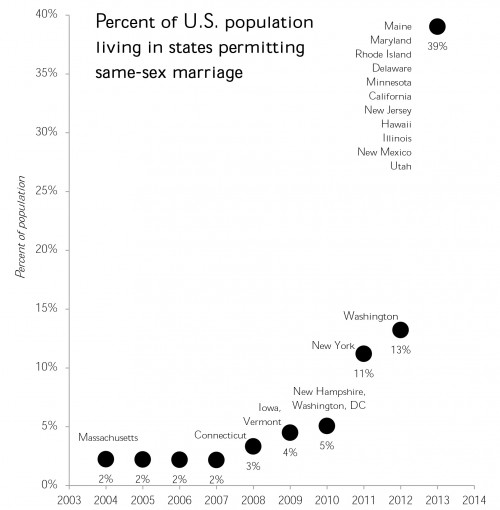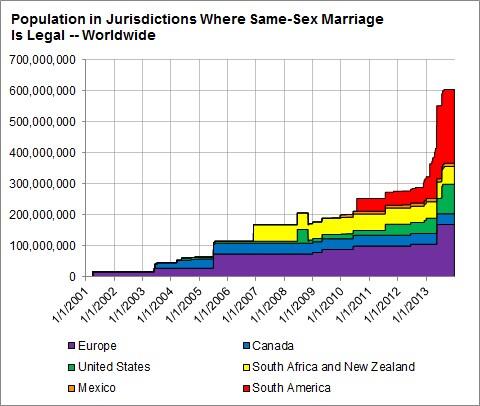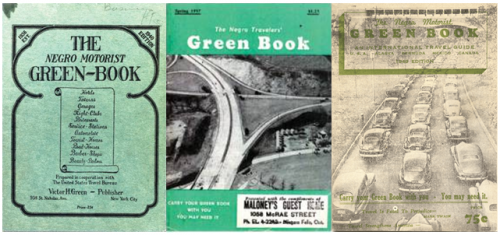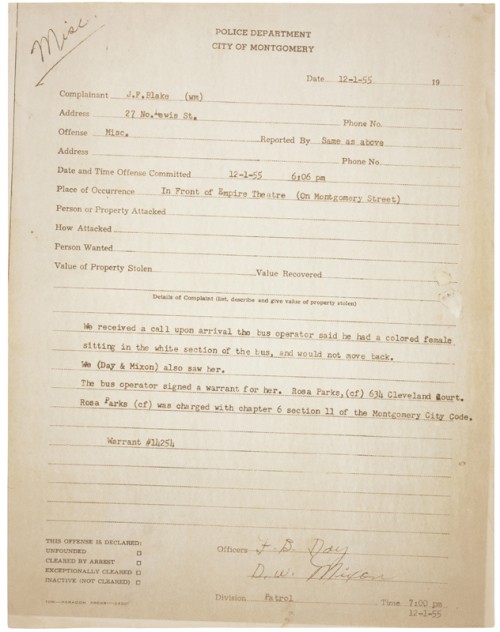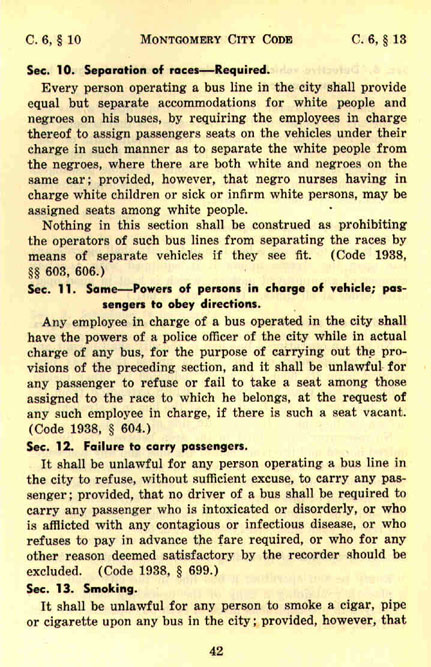I’ve written extensively — not here, but professionally — on the ways in which Americans talk about the female genital cutting practices (FGCs) that are common in parts of Africa. I’ve focused on the frames for the practice (common ones include women’s oppression, child abuse, a violation of bodily integrity, and cultural depravity), who has had the most power to shape American perceptions (e.g., journalists, activists, or scientists), and the implications of this discourse for thinking about and building gender egalitarian, multicultural democracies.
Ultimately, whatever opinion one wants to hold about the wide range of practices we typically refer to as “female genital mutilation,” it is very clear that the negative opinions of most Westerners are heavily based on misinformation and have been strongly shaped by racism, ethnocentrism, and a disgust or pity for an imagined Africa. That doesn’t mean that Americans or Europeans aren’t allowed to oppose (some of) the practices (some of the time), but it does mean that we need to think carefully about how and why we do so.
One of the most powerful voices challenging Western thinking about FGCs is Fuambai Sia Ahmadu, a Sierra Leonan-American anthropologist who chose, at 21 years old, to undergo the genital cutting practice typical for girls in her ethnic group, Kono.
She has written about this experience and how it relates to the academic literature on genital cutting. She has also joined other scholars — both African and Western — in arguing against the zero tolerance position on FGCs and in favor of a more fair and nuanced understanding of why people choose these procedures for themselves or their children and the positive and negative consequences of doing so. To that end, she is the co-founder of African Women are Free to Choose and SiA Magazine, dedicated to “empowering circumcised women and girls in Africa and worldwide.”
You can hear Ahmadu discuss her perspective in this program:
[youtube]https://www.youtube.com/watch?v=mV6UfEaZHBE[/youtube]
Many people reading this may object to the idea of re-thinking zero tolerance approaches to FGCs. I understand this reaction, but I urge such readers to do so anyway. If we care enough about African women to be concerned about the state of their genitals, we must also be willing to pay attention to their hearts and their minds. Even, or especially, if they say things we don’t like.
Lisa Wade, PhD is an Associate Professor at Tulane University. She is the author of American Hookup, a book about college sexual culture; a textbook about gender; and a forthcoming introductory text: Terrible Magnificent Sociology. You can follow her on Twitter and Instagram.

